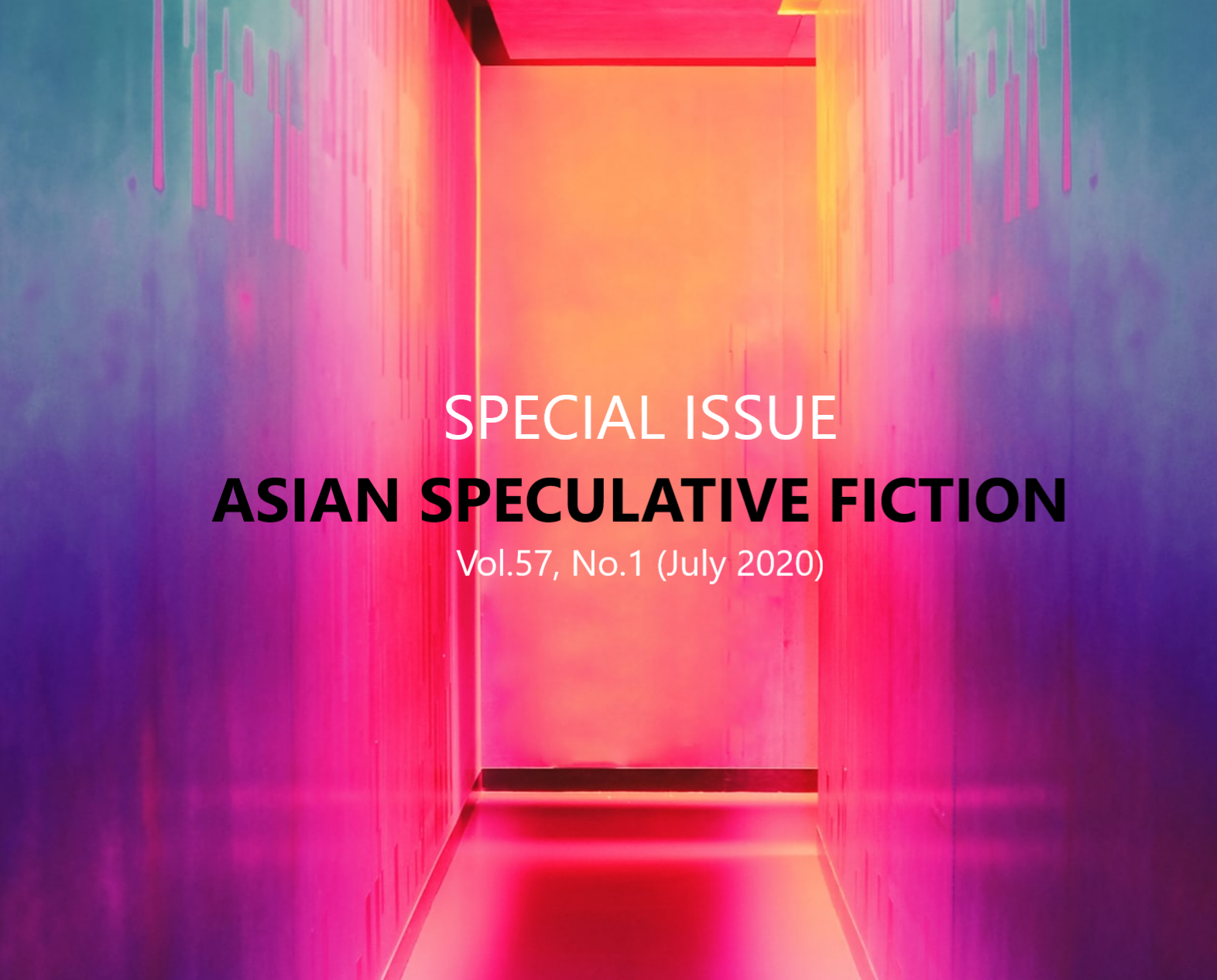(Re)Imagining “Dystopian Space”: Memory and Trauma in Yoko Ogawa’s <em>The Memory Police</em>
Main Article Content
Abstract
Yōko Ogawa’s The Memory Police (1994) is set in an unknown island where objects and their meanings gradually disappear from society’s collective memory. Spencer argues that “power imposes itself on society through spatial initiatives that reconfigure the entirety of social space.” As memory is suppressed in this authoritarian society, the act of retaining memories of “disappeared” objects is a form of violation of that authoritarianism, as it is seen as the individual’s resistance against the collective goals of the state. This article examines the ways in which memory and trauma play crucial roles in the lives of individuals in reclaiming their sense of space and individuality. To escape tyranny and oppressive real space, the narrator creates an imaginary space that preserves any remaining memory. As memory is associative, it functions to retrieve information related to particular objects or concepts and to connect this information with its relevant context to yield meanings. The move to preserve memory acts as a form of agency exhibited by the narrator and the novel foregrounds the various ways memory can also lead to liberation.
Downloads
Article Details
Copyrights of all materials published in SARE are retained by the authors. Authors may republish their work or grant others permission to republish it. We would be grateful if republication is accompanied by an acknowledgment that the work was originally published in SARE.
